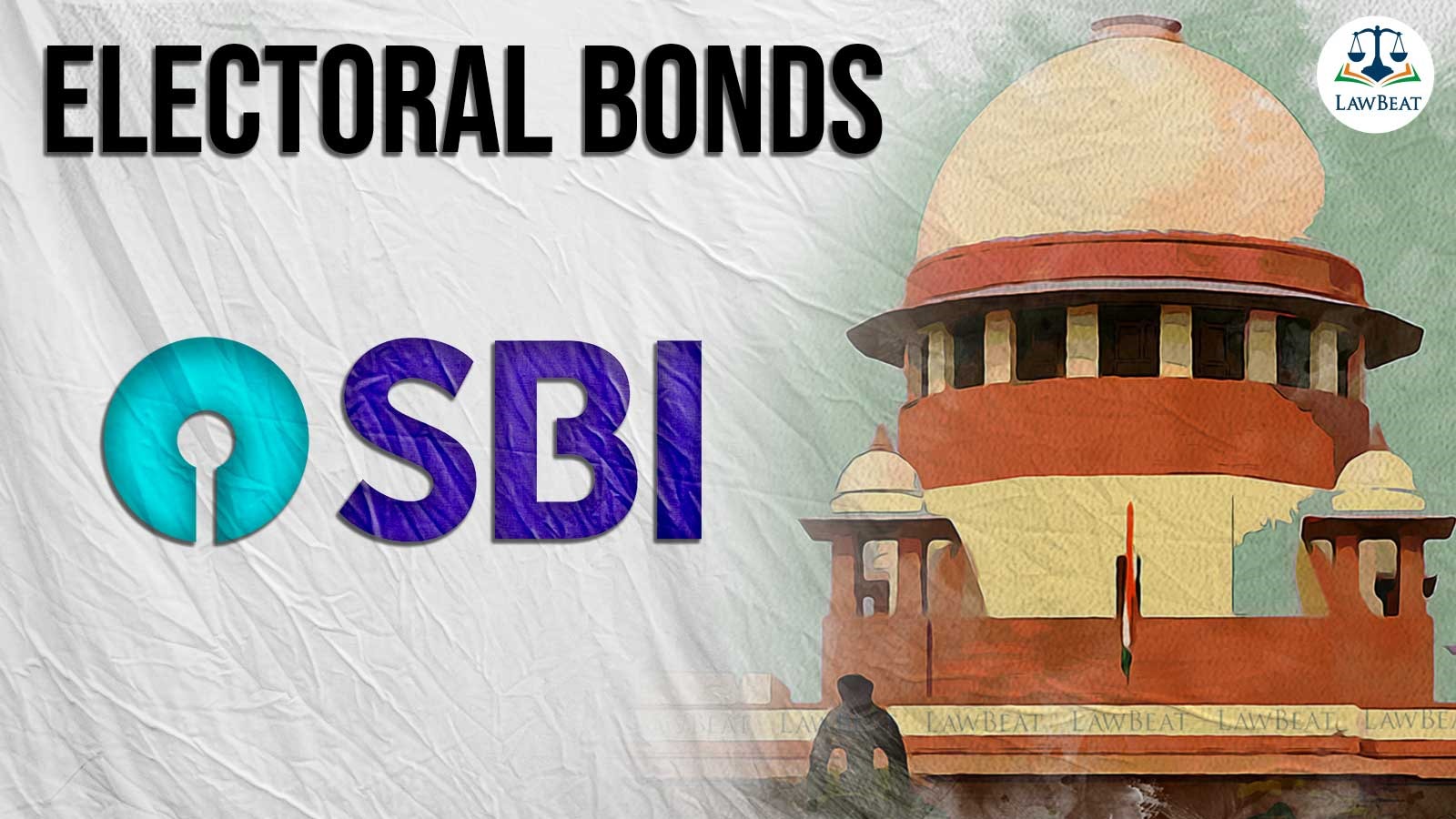In recent years, electoral bonds have emerged as a crucial aspect of political funding in India. These financial instruments are designed to bring transparency and accountability to the process of funding political parties. Understanding electoral bonds is essential for citizens to comprehend the country’s political finance dynamics.
What are Electoral Bonds?
Electoral bonds are financial instruments that allow individuals, corporations, and other entities to donate money to political parties in India. These bonds are similar to promissory notes and can be purchased from specified branches of authorized banks.

How do Electoral Bonds Work?
- Purchase: Individuals or entities can buy electoral bonds from designated banks using their verified accounts.
- Donation: These bonds can then be donated to eligible political parties. Only parties registered under the Representation of the People Act, 1951, and secured at least 1% of the votes in the most recent general election are eligible to receive electoral bonds.
- Redemption: Political parties can encash these bonds through their designated bank accounts within a specified period.
Significance of Electoral Bonds
- Transparency: Electoral bonds aim to bring transparency to political funding by making donations traceable through banking channels.
- Anonymity: Donors can maintain anonymity as the donor’s identity is not disclosed to the recipient party or the public.
- Legality: Electoral bonds are issued through a transparent mechanism outlined by the government, making them a legal means of political funding.
Concerns and Criticisms
Despite their intentions, electoral bonds have faced criticism from various quarters. Some concerns include:
- Lack of Transparency: Critics argue that the anonymity provided by electoral bonds undermines transparency in political funding.
- Potential for Money Laundering: There are concerns that electoral bonds could be misused for money laundering or funneling black money into political parties.
- Exclusion of Small Donors: Electoral bonds primarily benefit large donors and corporations, potentially marginalizing smaller donors.
FAQs
Q: Are electoral bonds legal? A: Yes, electoral bonds are legal financial instruments introduced by the Government of India in 2018.
Q: Can individuals purchase electoral bonds? A: Yes, both individuals and entities can purchase electoral bonds from designated banks after completing the necessary verification procedures.
Q: Can anyone encash electoral bonds? A: No, only eligible political parties can encash electoral bonds through their designated bank accounts.
Conclusion
Electoral bonds represent an attempt to reform political funding in India by introducing a structured and transparent mechanism for donations to political parties. While they aim to address issues of corruption and black money in politics, electoral bonds continue to be a subject of debate and scrutiny. Understanding their nuances is crucial for citizens to engage effectively in discussions about political finance and governance.










